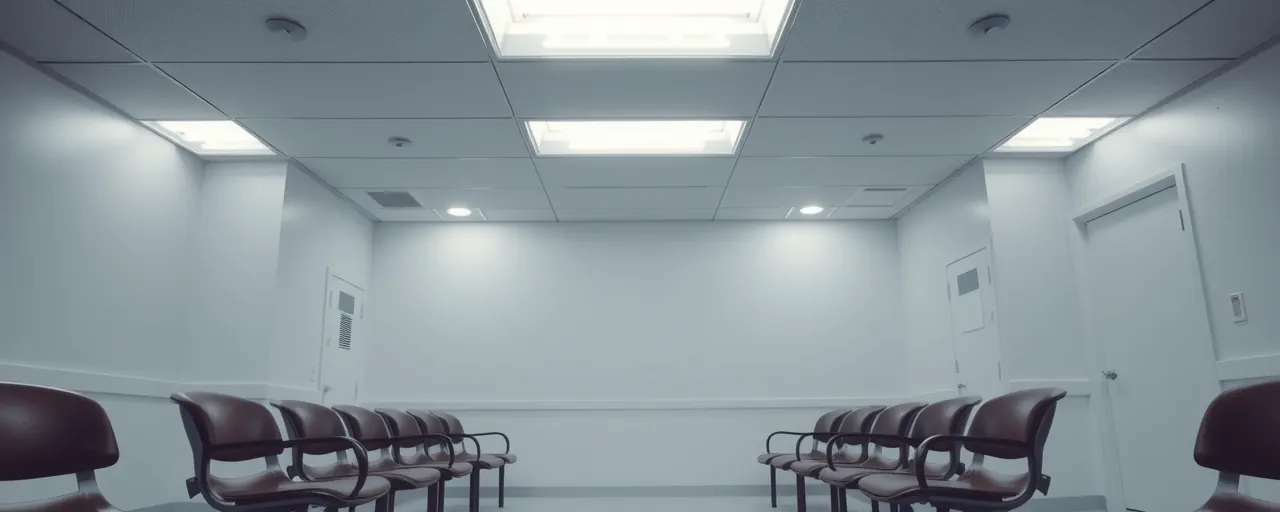Arizona Faces a Defining Choice
Arizona is grappling with a pivotal decision. The state’s Medicaid program, AHCCCS, provides health care to over 600,000 residents, from working parents to low-income adults. A proposal to scale back this program has ignited fierce debate. Governor Katie Hobbs and former Governor Jan Brewer have raised alarms, warning that cuts could unravel access to care and jolt the state’s economy.
This isn’t a new conversation. In 2014, Arizona expanded Medicaid under the Affordable Care Act, a move Brewer spearheaded and Hobbs later endorsed. The expansion extended coverage to adults who previously had no affordable options. Now, with potential shifts in federal funding, the state must decide how to preserve this critical safety net.
What’s at Stake for Arizonans
Cutting Medicaid would hit hard. Over 600,000 residents could lose access to doctor appointments, medications, and emergency care. Rural hospitals, already on shaky ground, might close under the weight of unpaid bills. For families, this could mean putting off vital treatments or facing crushing medical debt, challenges that disproportionately affect low-income and minority communities.
Access to care is already uneven across the country. About 29 million adults nationwide can’t afford health care, with Hispanic and Black Americans facing steeper hurdles. Arizona’s diverse communities amplify these concerns. If Medicaid shrinks, the state risks deepening these divides, leaving many with nowhere to turn for care.
The Economic Ripple Effect
The economic consequences are just as stark. Research shows every federal dollar spent on Medicaid sparks over $1.50 in state economic activity. In Arizona, reversing the expansion could drain $30.9 billion from the economy and wipe out 300,000 jobs, especially in health care. Rural areas, where hospitals anchor local economies, would face the brunt of these losses.
Some policymakers, however, prioritize fiscal discipline. They argue that federal deficits demand action, proposing work requirements or stricter eligibility rules to trim Medicaid costs. These measures could save up to $880 billion nationally over ten years, they claim, protecting taxpayers and preserving funding for schools and other priorities.
Voices on Both Sides
The debate reveals a sharp divide. Advocates for preserving Medicaid, like Hobbs and Brewer, stress its role in supporting families and fueling local economies. Studies back their case, showing expansion states save on prison health care and gain tax revenue. With federal funds covering most costs, they argue the benefits far outweigh Arizona’s share of the bill.
On the other hand, supporters of reform focus on long-term sustainability. They contend that open-ended federal funding fuels inefficiency and propose fixed funding models, like block grants, to give states more control. Yet opponents caution that such shifts could push Arizona to raise taxes or slash services like education to fill budget gaps.
Charting the Path Forward
Arizona’s choice will echo for years. Keeping Medicaid expansion safeguards health care for thousands and shields the economy from devastating losses. Still, the state must contend with uncertain federal support and competing budget demands. The challenge lies in balancing residents’ needs with fiscal realities.
For those new to the issue, it’s about real-world trade-offs. Health care and economic stability are on one side, fiscal responsibility on the other. As Arizona’s leaders navigate this, their focus remains on crafting a solution that supports everyone, from rural workers to urban families.
The decision looms large. Arizona must ensure its health care system remains a cornerstone of support, delivering care and opportunity to those who need it most, without breaking the bank.
